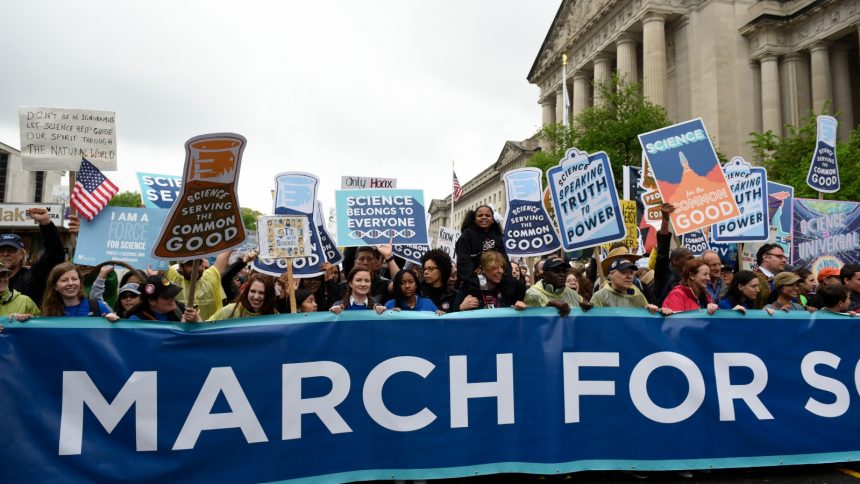This article was originally published by Eos. In a recent primary election, a physicist and science educator, Ramón Barthelemy, took on the challenge of running for a seat in the Utah House of Representatives to represent District 24. Barthelemy, a researcher in physics and astronomy education at the University of Utah, set out to challenge 15-year incumbent Joel Briscoe in an effort to serve over 43,000 residents of Salt Lake City. This year, there has been a surge in the number of STEM (science, technology, engineering, and mathematics) professionals running for public office at the state and municipal level, with over 200 such candidates, like Barthelemy, stepping up. While the focus often remains on high-profile races, it is crucial to recognize the impact of down-ballot contests on local policies and how they affect people’s everyday lives.
Barthelemy’s campaign centered around the importance of science education and literacy in his district, emphasizing his background as a scientist as a unique asset to promote access to STEM education, address local air quality concerns, and inspire students to pursue careers in STEM fields. He believes that having scientists involved in the political process is essential to addressing the technical and scientific challenges facing society at large.
The involvement of scientists in politics brings a wealth of knowledge and problem-solving skills to legislative decisions, allowing for evidence-based solutions to complex issues like climate change, pollution, energy independence, and public health. By running for office, scientists like Barthelemy aim to bridge the gap between scientific expertise and policy-making, ensuring that decisions are well-informed and data-driven.
The rise of anti-science sentiment in the U.S. has spurred many scientists to enter the political arena, seeking to combat misinformation and advocate for evidence-based policies. By engaging in the political process and running for office, scientists hope to champion science as a guiding principle in shaping public policy and addressing pressing challenges facing communities and the planet as a whole.
The narratives of scientists-turned-politicians like Shaughnessy Naughton, Jess Phoenix, and Kristopher Larsen highlight the diverse motivations behind their decision to run for office. From concerns about climate change and healthcare to a desire to promote evidence-based decision-making, these individuals bring a unique perspective to governance based on their scientific expertise and commitment to serving their communities. Their stories underscore the importance of diversifying the backgrounds of elected officials and ensuring that scientific knowledge plays a central role in policy discussions at all levels of government.






